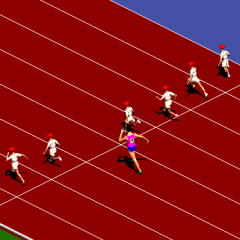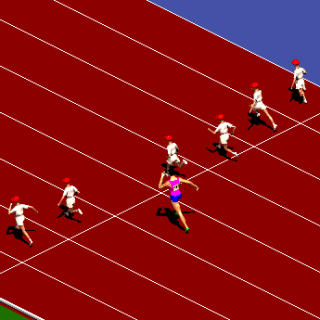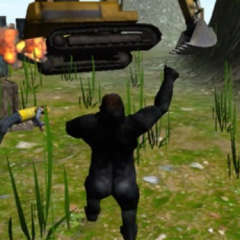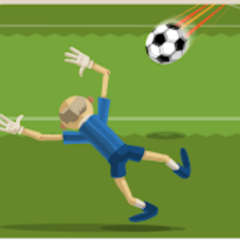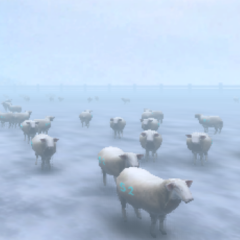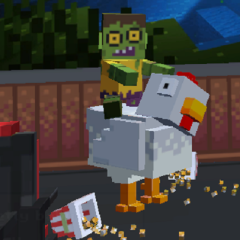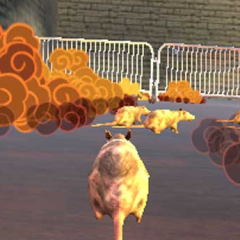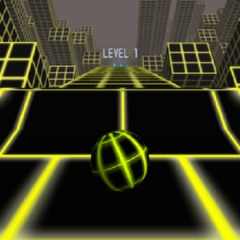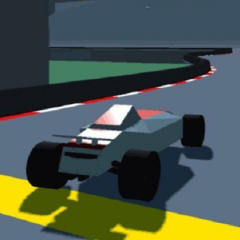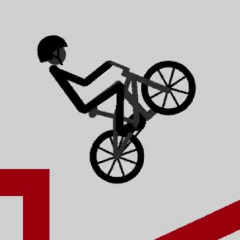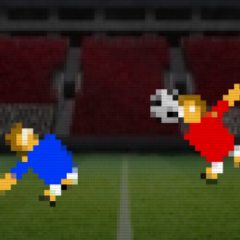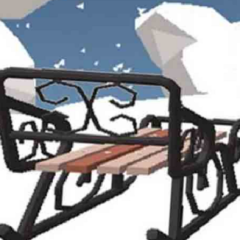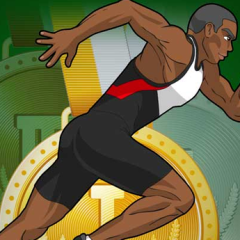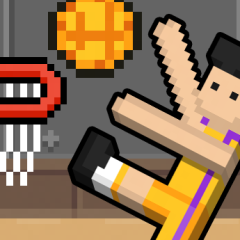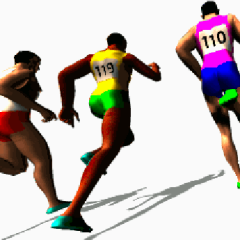Sprinter 100 Meter is a short-distance racing game focused on completing a 100-meter sprint as fast as possible. The player controls a runner and competes against AI opponents on a standard track. The gameplay is based on alternating key presses that simulate leg movement. Speed depends entirely on the player’s rhythm and timing. A mistake in input can cause the runner to slow down or fall behind, making precision the most important aspect of the game.
Race Mechanics and Progress
Each race in Sprinter 100 Meter begins with a countdown, and a quick start can give a small early advantage. As the race continues, maintaining rhythm becomes more difficult, especially as opponents increase in speed across later levels. Finishing first unlocks access to the next race, where competitors become faster and more consistent. There is no special power-up system or boost mechanic, so player performance depends only on reaction time and input control.
Visuals and Challenge
The game features a simple visual style with a clear track layout and visible lane markers. The focus is on functionality and smooth gameplay. Races are short, allowing for quick retries and fast improvement through repetition. Players are encouraged to improve their reaction speed and hand coordination to complete races in less time. As difficulty increases, winning requires near-perfect input control and the ability to keep pace without losing rhythm.

